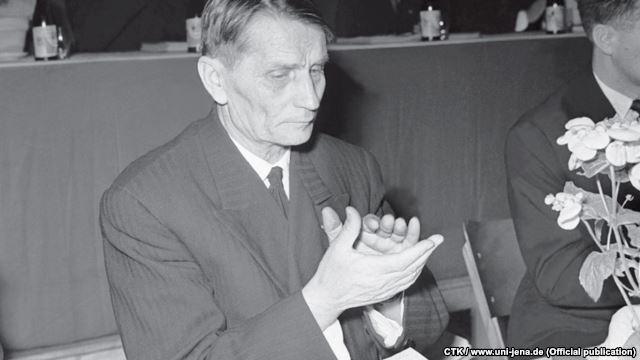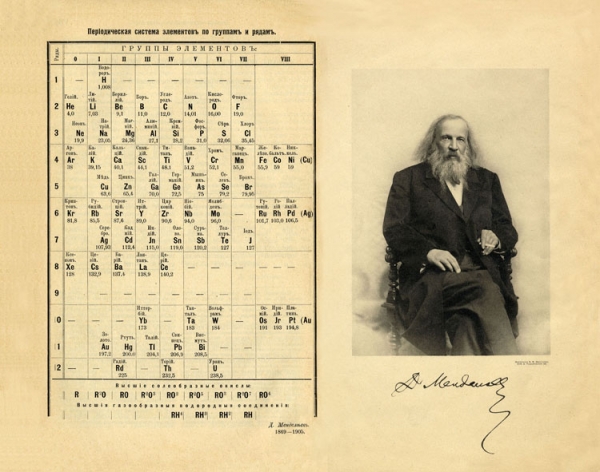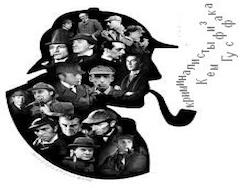“It is very important to write not only about important human discoveries”
 Wikimedia Commons
Wikimedia Commons
Evolutionary biologist and popularizer of science, Olivia Judson, who will speak may 22 at the festival of the Polytechnic, told the “Газете.Ru” about how in the West struggle with pseudoscience.
A few years ago popular science writerSimon Singh published a book called “a Cure or a hoax? The trial of alternative medicine” (currently being translated into Russian language. — “Газета.Ru”), in which he examines different forms of “alternative medicine” to see which of them have a scientific basis and which are not. For example, Simon finds out whether St. John’s wort to treat depression? Does homeopathy?
But the writer Francis Wines came into the fight with pseudoscience, wrote the book “How mumbo-Jumbo conquered the world”.
We also operate various organizations that purposefully are fighting pseudoscience: in London working for Sense About Science, an organization that publishes brochures that explain scientific issues to the General public.
— Do you have the problem of pseudo-scientific literature under the guise of nauchpop?
— Pseudoscience everywhere, but I don’t think she is hiding under the guise of nauchpop. At least in the publications I was writing for — The New York Times, The Economist and National Geographic, this is not. But pseudoscience can be encountered on some channels, especially in the United States.
— What advice would you give to Russian promoters — what mistakes to avoid?
— I would advise the Russian promoters to continue doing what they do! I would also advise not to write only “human” theme. Now people are interested in what is happening in nature, in the galaxy, in the Universe.
It is very important to write about all the interesting (and not just useful to humans) discoveries.
— What is the format of the popularization of science is now most demanded? Blogs, videos, lectures, podcasts, infographics?
— The fashion for these or other formats of science popularization has come and gone, and each new format complements the previous one. However, currently there is a place for any popular science format. Personally, I love short videos that provide answers to complex questions. And I really love to read popular science literature.
But my boyfriend loves the lectures and various podcasts.
Museums, such as your Polytechnic or our natural history Museum London, are also a great way to popularize scientific knowledge. In General, since everyone has different tastes and preferences, it is great that there is a huge amount of promotion formats!
— Whether Western scholars issue: either science classes or promotion? In Russia, popularization is the lot of enthusiasts. And how are you?
— In the West, scientists can do science, and its popularization. For example, some scientists write books or blog (however, not all scientists are good writers), and sometimes making a video about his work.
In addition, there are science journalists, writers, broadcasters, and presenters, who play an important role in promoting.
Sometimes science journalist invites a scientist to talk about its activities to a wider audience.
— Can I use the popularization of science to correct the shortcomings of the educational system?
— I don’t think the popularization of science will eliminate all the holes in the education system. However, more and more people will be inspired by the discoveries, they will become more and more curious. I hope this curiosity will lead to the fact that people will become more well-read and educated.
Evgeny Bazarov







